Revolutionizing Precision Engineering with CNC Horizontal Boring Mills
In the rapidly evolving world of precision engineering, CNC horizontal boring mills have emerged as a transformative force, redefining how manufacturing processes are executed. These sophisticated machines combine advanced computer numerical control technology with the robust capabilities of horizontal boring, resulting in exceptional accuracy and efficiency in machining complex components. The adoption of CNC horizontal boring mills not only enhances the precision of operations but also streamlines workflows, reduces human error, and maximizes productivity. As industries strive for higher standards and faster turnaround times, understanding the operational intricacies and maintenance tips associated with these machines becomes essential. This article delves into the critical advantages of integrating CNC horizontal boring mills into precision engineering practices and offers practical insights to optimize their use, ensuring manufacturers remain competitive in a demanding marketplace.
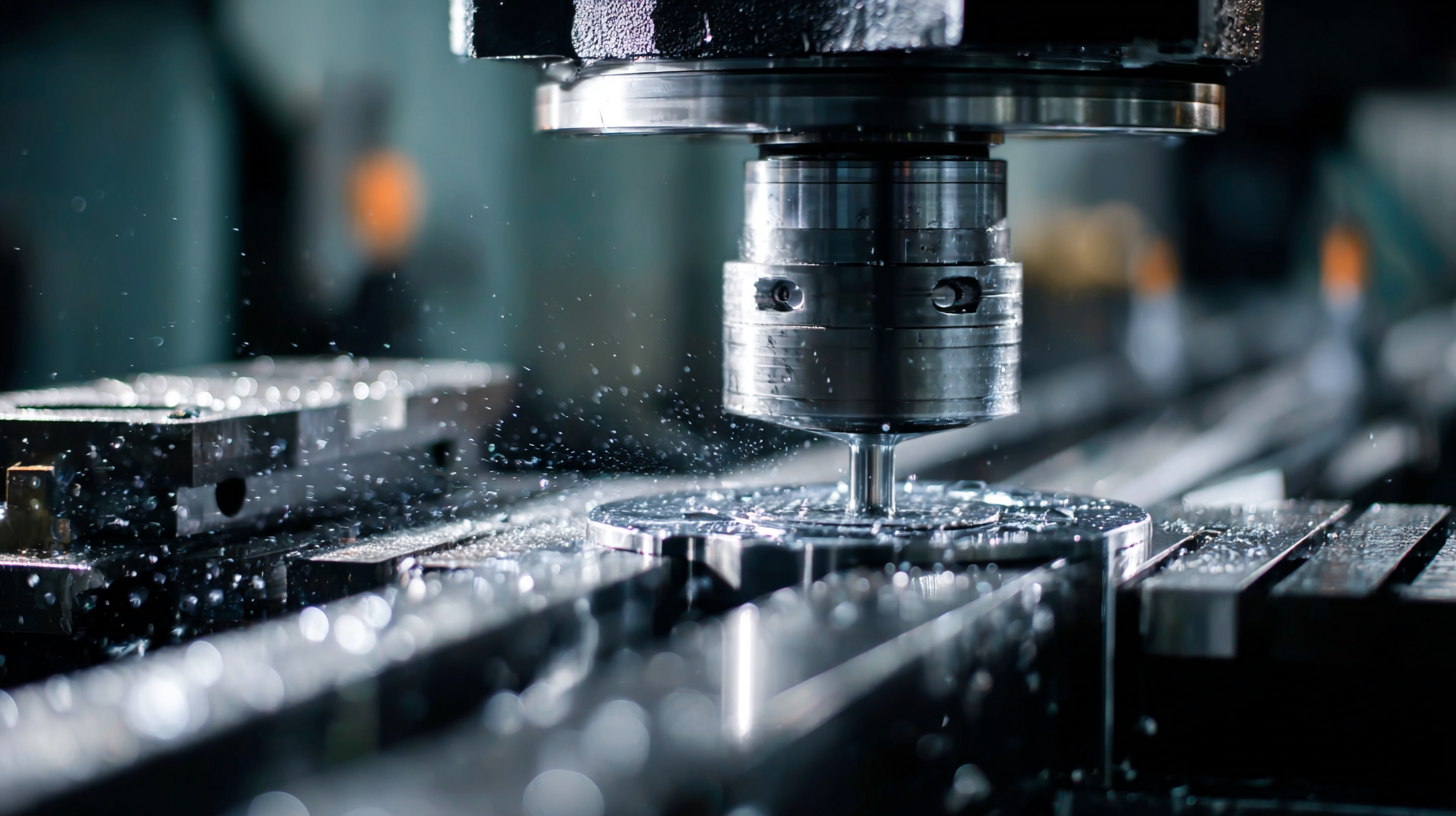
Maximizing Efficiency: The Impact of CNC Horizontal Boring Mills on Precision Engineering
CNC horizontal boring mills have become a game-changer in the field of precision engineering, significantly enhancing operational efficiency. According to a report by the International Federation of Robotics, the adoption of CNC machines in manufacturing environments has increased productivity by up to 30%. This boost can be attributed to the automation of complex boring tasks, which traditionally required a considerable amount of manual labor and time. By streamlining processes, manufacturers can significantly reduce cycle times and improve the consistency of product quality.
Furthermore, the flexibility offered by CNC horizontal boring mills enables engineers to easily switch between different projects without extensive setup changes. A survey conducted by the American Society of Mechanical Engineers indicated that companies using CNC technology reported a 25% reduction in setup times compared to conventional methods. This adaptability not only speeds up production but also allows for more intricate designs that were previously challenging, if not impossible, to achieve. As precision becomes increasingly paramount in industries ranging from aerospace to automotive, the role of CNC horizontal boring mills in maximizing efficiency and precision engineering cannot be overstated.
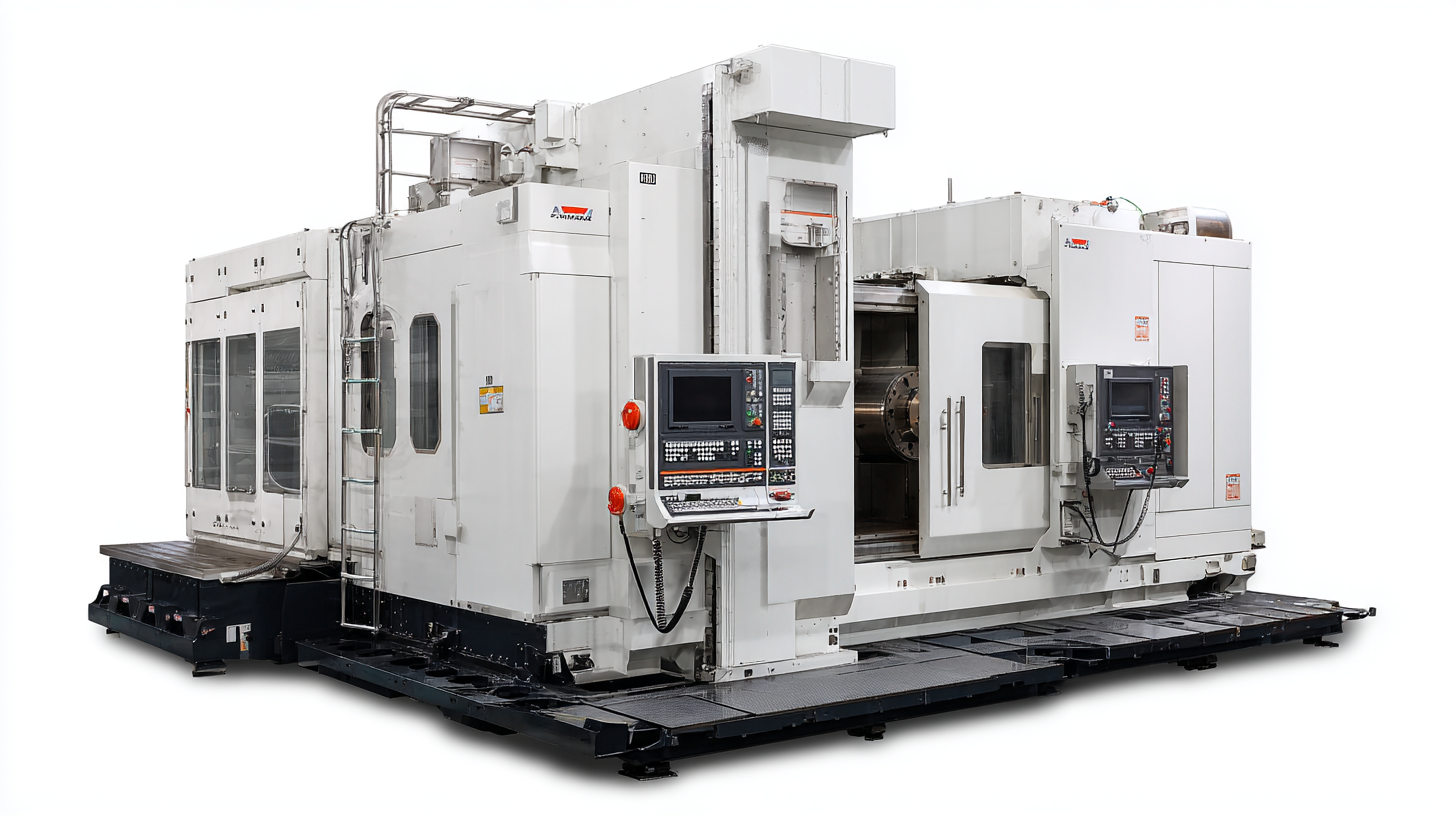
Key Features of CNC Horizontal Boring Mills Driving Industry Advancements
CNC horizontal boring mills are at the forefront of precision engineering, significantly enhancing manufacturing capabilities across various industries. One of the key features driving advancements in this area is the remarkable accuracy these machines provide. According to a recent industry report by MarketsandMarkets, the global CNC machine tools market is projected to reach USD 100 billion by 2026, fueled by technological innovations like advanced CNC systems that enable precision within micrometers. This technological prowess not only improves product quality but also reduces waste, making processes more sustainable.
Another significant aspect is the flexibility these machines offer to manufacturers. Equipped with advanced software and automation, CNC horizontal boring mills can perform multiple operations—boring, drilling, tapping—within a single setup. A study by IBISWorld highlighted that companies adopting CNC technology have experienced a productivity increase of up to 30%. This adaptability allows for quicker turnaround times and the ability to handle complex designs, which are crucial in industries such as aerospace and automotive where precision and efficiency are paramount. As these mills continue to evolve, they set new benchmarks in precision engineering, indicating a bright future for manufacturing innovation.
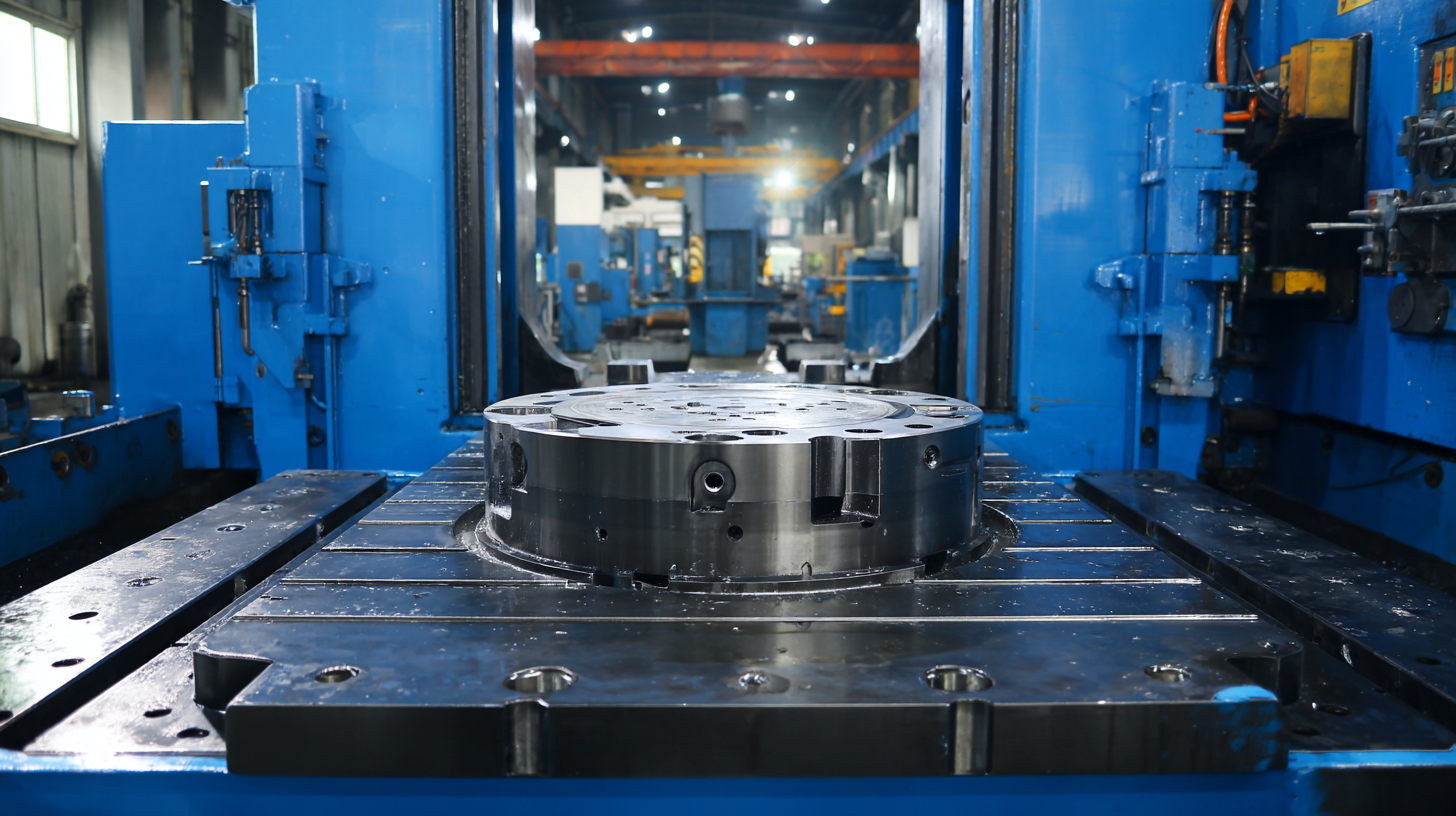
Market Trends: Growth of CNC Boring Mill Adoption in Precision Engineering (2023-2028)
The adoption of CNC horizontal boring mills is experiencing a significant surge in the precision engineering sector, driven by technological advancements and evolving market demands. Between 2023 and 2028, the industry is witnessing a growing inclination towards automation and enhanced machining capabilities, allowing manufacturers to improve accuracy and efficiency in complex machining tasks. The exceptional versatility and precision offered by these machines align well with the stringent requirements of industries such as aerospace, automotive, and energy.
Furthermore, market trends indicate that businesses are increasingly investing in CNC boring mills to reduce production costs and lead times while maintaining high-quality standards. As manufacturers seek to optimize their operations, the integration of smart technologies and IoT in CNC systems is becoming a focal point, facilitating real-time monitoring and predictive maintenance. This shift not only enhances productivity but also positions CNC horizontal boring mills as pivotal tools in the future of precision engineering, solidifying their role in creating high-value, customized solutions.
Revolutionizing Precision Engineering with CNC Horizontal Boring Mills - Market Trends: Growth of CNC Boring Mill Adoption in Precision Engineering (2023-2028)
| Year | Market Size (USD Million) | CNC Boring Mill Adoption Rate (%) | Key Growth Drivers | Challenges |
|---|---|---|---|---|
| 2023 | 3000 | 15 | Increased industrial automation, precision requirements | High initial investment, skilled labor shortage |
| 2024 | 3400 | 20 | Technological advancements, efficiency gains | Maintaining competitiveness, equipment failure |
| 2025 | 4000 | 25 | Market demand for customized solutions | Regulatory compliance, technology adaptation |
| 2026 | 4500 | 30 | Sustainable manufacturing practices | Supply chain disruptions, market volatility |
| 2027 | 5000 | 35 | Integration of IoT in manufacturing | Technological obsolescence, cost management |
| 2028 | 5500 | 40 | Rising focus on automation and AI | Cybersecurity risks, training costs |
Enhancing Accuracy: How CNC Technology Redefines Precision in Engineering Projects
The emergence of CNC technology is heralding a new era in precision engineering, redefining how accuracy is achieved in engineering projects. Recent showcases at IMTEX 2025 highlight this transformation, with companies unveiling groundbreaking innovations in CNC machinery that promise to enhance precision significantly. As industries shift towards more automated and sophisticated manufacturing processes, the capabilities of CNC horizontal boring mills are being pushed to new limits, enabling engineers to achieve precise tolerances and complex geometries with ease.
Tips for optimizing precision in CNC machining include investing in the latest software for real-time monitoring, which can significantly reduce errors during production. Additionally, regular maintenance of machinery is crucial; this ensures that all components are functioning correctly, thereby enhancing machining accuracy. Lastly, adopting a data-driven approach to programming can facilitate better workflow management, leading to improved outcomes in precision engineering projects.
With advancements such as AI integration into CNC systems, the future of precision engineering is indeed exciting. These technologies not only improve accuracy but also streamline operations, making precision manufacturing more efficient and cost-effective. As the industry evolves, staying informed about the latest trends and techniques will be essential for engineers aiming to maintain competitive advantages in the market.
Case Studies: Successful Implementation of CNC Horizontal Boring Mills in Various Industries
CNC horizontal boring mills have been transforming precision engineering across various sectors, demonstrating superior efficiency and accuracy. According to a report by ResearchAndMarkets, the global CNC machines market is expected to reach $117.2 billion by 2025, driven largely by innovations in technologies such as CNC horizontal boring mills. These machines have proved indispensable in industries like aerospace, automotive, and heavy machinery manufacturing, where precise hole placement and depth are critical.
One exemplary case is found in the aerospace industry, where a leading manufacturer integrated CNC horizontal boring mills into its production line. This implementation led to a 30% reduction in machining time and a significant improvement in tolerances, achieving accuracy within 0.002 inches. Similarly, in the automotive sector, a prominent company employed these machines to manufacture engine block components, resulting in a 25% decrease in waste material, as reported by the National Association of Manufacturers. Such case studies highlight the transformative impact of CNC horizontal boring mills, enabling industries to enhance productivity and maintain high-quality standards effortlessly.
Related Posts
-
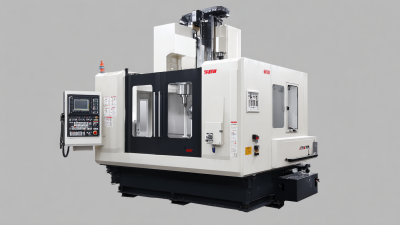
China's Best CNC Vertical Machining Center for Global Buyers Trust in Quality and Innovation
-
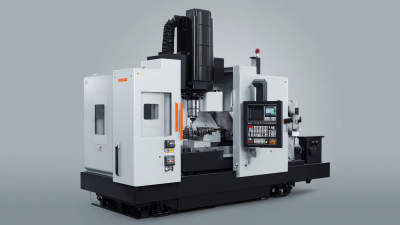
The Ultimate Guide to Choosing the Right Vertical CNC Machine for Your Business Needs
-
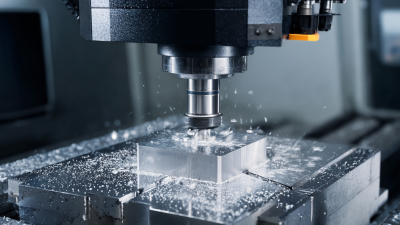
7 Key Features That Make the Best Vertical Machining Centers Stand Out in 2023
-
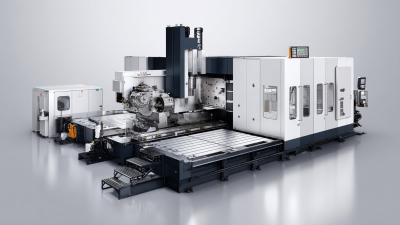
Solutions for Achieving Precision with the Best CNC Horizontal Boring Mill
-

10 Reasons Why the Best CNC Turning Machine is Essential for Your Business
-

Mastering Precision: A Step-by-Step Guide to Operating a 5 Axis Milling Machine
